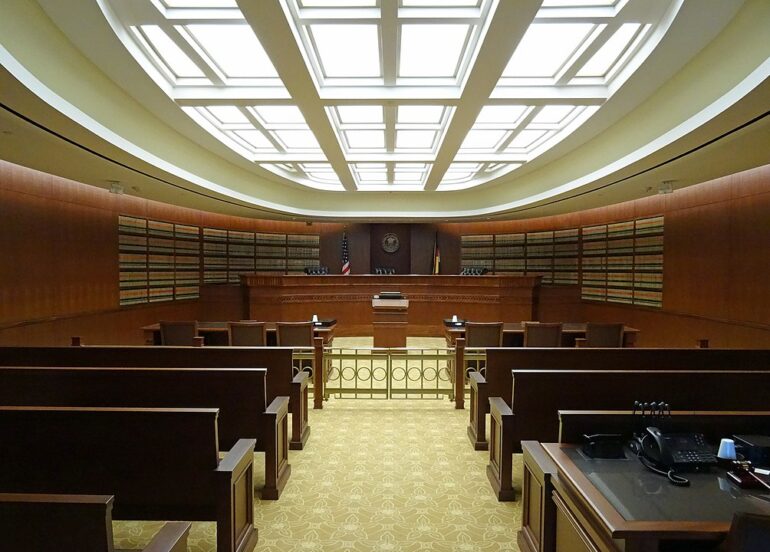A federal judge has reportedly denied the Department of Justice’s effort to unseal long-secret grand jury records tied to early federal investigations of Jeffrey Epstein, marking a significant setback for those demanding transparency in the case of the disgraced financier.
In a public order released Wednesday, U.S. District Judge Robin Rosenberg rejected the department’s motion to unseal materials from grand juries convened in 2005 and 2007 in West Palm Beach.
The panels had investigated Epstein during the years when he was accused of preying on underage girls, yet ultimately avoided significant federal charges through a controversial non-prosecution agreement.
Judge Rosenberg said the government simply failed to meet the legal threshold required to break grand jury secrecy, a pillar of the American justice system designed to protect the integrity of investigations and the privacy of witnesses.
“My hands are tied,” she wrote, pointing to precedent from the Eleventh Circuit Court of Appeals, which allows disclosure of grand jury materials only under rare and clearly defined exceptions.
The ruling underscores the importance of following due process — even in high-profile and emotionally charged cases. “The Department of Justice did not provide sufficient arguments to justify unsealing these records,” Rosenberg concluded in her opinion, emphasizing the narrow legal parameters she is bound to uphold.
The decision is one of three rulings now pending related to separate DOJ efforts to pry open federal grand jury records tied to Epstein and his longtime associate Ghislaine Maxwell.
While two other motions are currently before judges in the Southern District of New York, Rosenberg refused a DOJ request to transfer jurisdiction to that district.
This latest ruling adds fuel to critics who say the Justice Department — despite years of scrutiny — continues to mismanage its handling of the Epstein saga.
Instead of building a legally solid case for unsealing the records, the DOJ’s latest motion was found wanting in both substance and strategy.
Conservatives have long pointed to the Epstein case as emblematic of how America’s most powerful elites seem to live by different rules — protected by opaque legal maneuvering and a lack of institutional accountability.
That the DOJ is still struggling to obtain its own sealed records almost two decades after Epstein’s initial investigation only deepens those suspicions.
The Department of Justice has not responded publicly to Rosenberg’s decision. Meanwhile, families of Epstein’s victims and members of the public hoping for full disclosure will have to wait to see whether federal judges in New York will rule differently in their respective jurisdictions.
With legal barriers rooted in longstanding precedent, those expecting dramatic new revelations may face disappointment — unless Congress or the courts carve out new exceptions for cases involving extraordinary public interest.
Until then, the truth behind the closed doors of the 2005 and 2007 grand juries will remain locked away, safeguarded more by legal tradition than any urgency to fully reckon with Epstein’s legacy.
[READ MORE: Kristi Noem Slams Mayor of Nashville for Interfering in ICE Raids]





